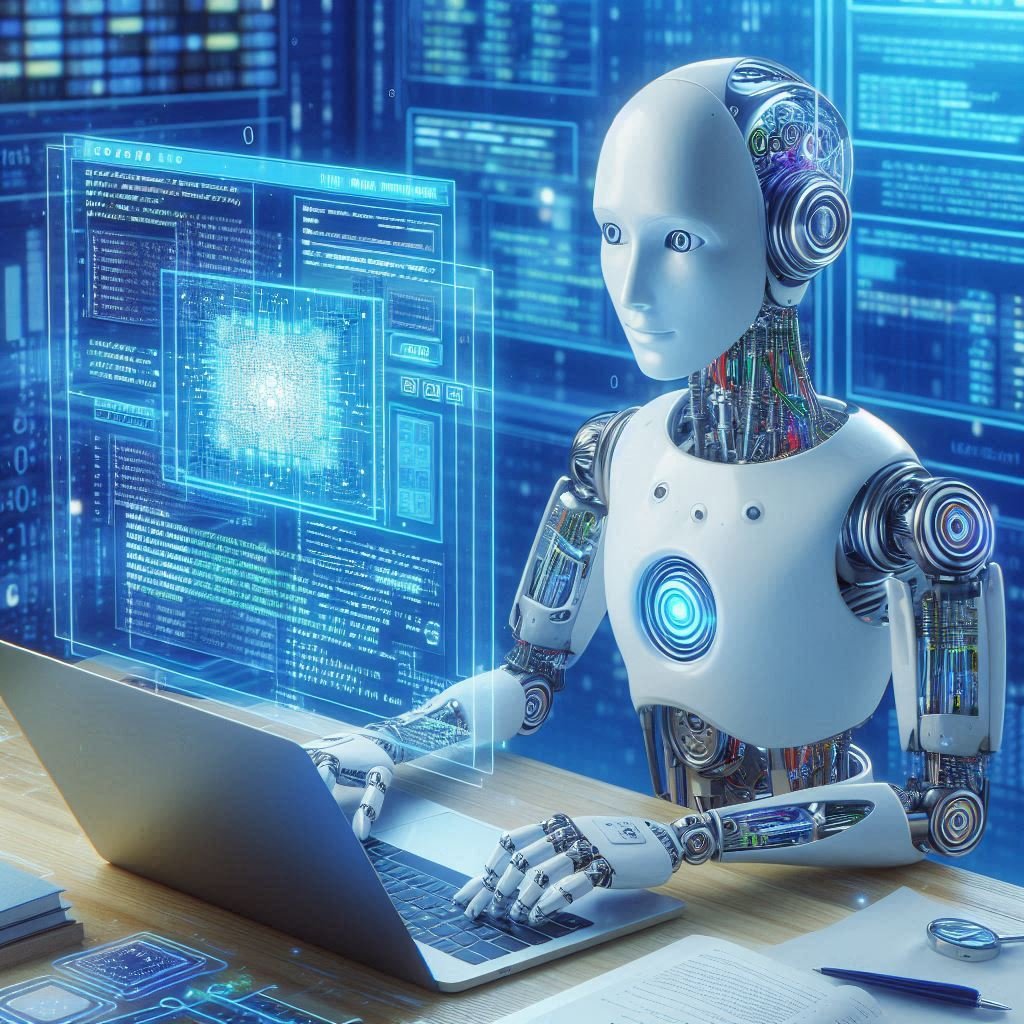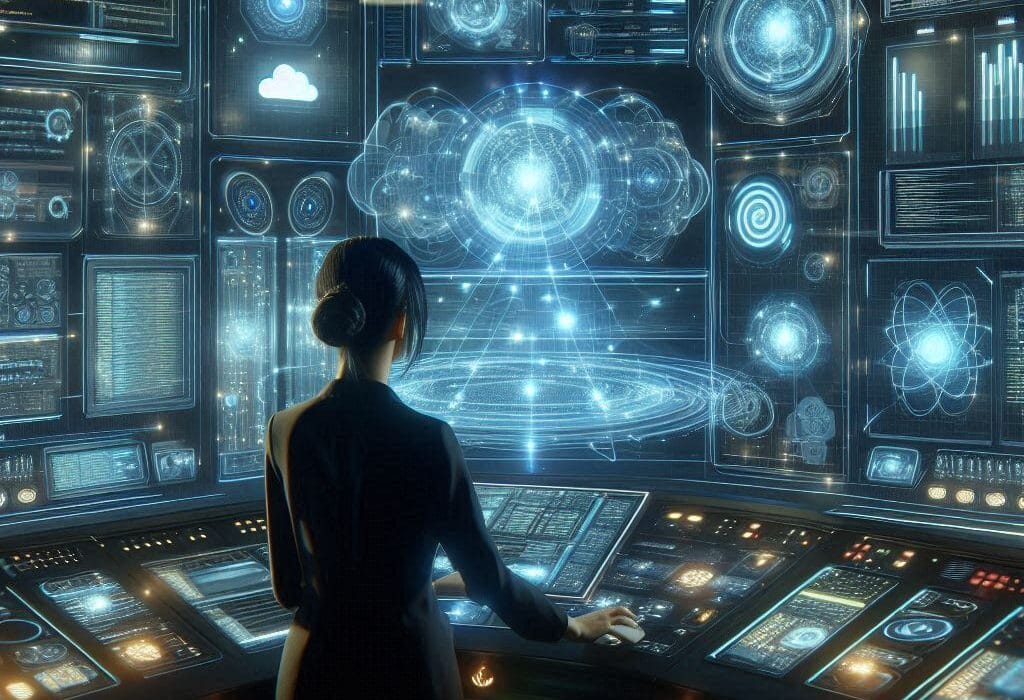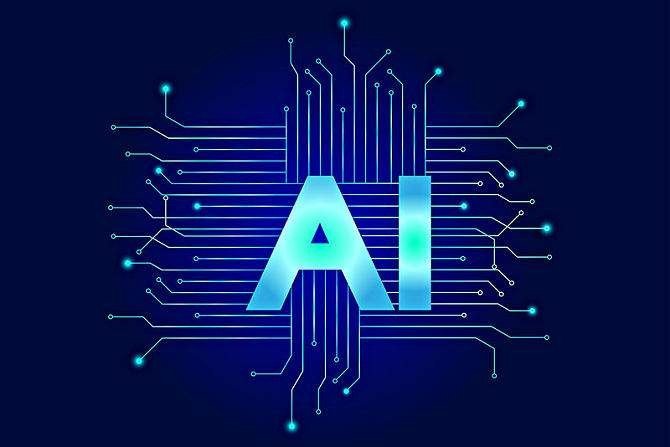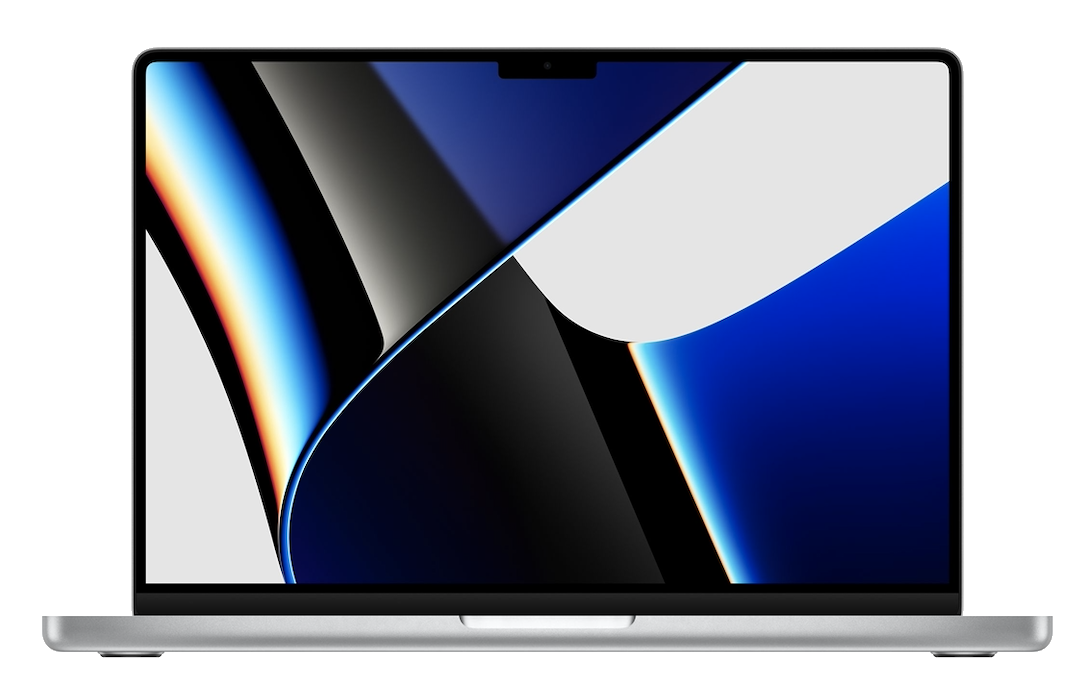In a quiet office in San Francisco, sunlight streams through half-closed blinds, slanting onto an engineer’s cluttered desk where empty coffee cups stand sentry around a laptop humming with code. Fingers fly across the keyboard, shaping ideas into software, building bridges between human dreams and silicon logic. This scene has played out countless times over decades—a human mind wrestling with bugs, structures, and architectures.
Yet just a few clicks away, another entity waits patiently in the digital ether. It, too, can write code. It can generate entire functions, test scripts, and even suggest architecture patterns. It never tires. It never takes coffee breaks. Its memory is flawless. Its intelligence grows exponentially with every piece of code it ingests.
Its name is artificial intelligence.
There’s a question that has begun to echo through the open-plan offices of Silicon Valley, whispered in Slack channels, debated in podcasts, and pondered in long midnight coding sessions: Will AI ever replace software developers?
It’s a question not merely technical, but deeply human. It forces us to examine what it means to create, to solve problems, and to be irreplaceably human in a world of machines growing ever more capable.
The Alchemy of Code and Thought
To understand the stakes, one must first appreciate the strange alchemy that is software development. At its heart, writing software is the art of turning abstract ideas into logic that machines can execute. It’s a dance between creativity and constraint, imagination and rigor.
Programmers are problem solvers. They write elegant code to calculate interest on bank accounts, or they architect sprawling systems to manage fleets of electric cars. They design the virtual spaces where we shop, communicate, love, and live our lives. They debug obscure errors that could bring billion-dollar systems crashing down.
Yet even the most hardened coder will admit: writing software is rarely pure logic. It’s intuition, context, and artistry. It’s knowing why you shouldn’t just write the shortest piece of code, but why you should make it readable for the next developer. It’s balancing customer requirements with system limitations. It’s weighing one imperfect tradeoff against another.
This human intuition is the last line of defense against chaos in an increasingly complex digital world.
When AI Learned to Speak Code
A few years ago, the idea of AI writing real code felt like science fiction. Sure, there were automated tools that could fill in boilerplate, or code completion features like IntelliSense. But true creative coding was a fortress humans believed firmly guarded.
Then came the transformers.
Not the robots from childhood cartoons, but a new generation of AI models. At the forefront was OpenAI’s GPT series, trained on billions of words—including a vast ocean of public code. Suddenly, people discovered they could type a comment like, “Write a function that calculates Fibonacci numbers,” and the AI would generate perfectly working code in Python, JavaScript, or even obscure languages.
Coders’ jaws dropped. They fed the AI more complex prompts. “Generate a React component for a login page.” Done. “Write a SQL query to join these tables.” Done. “Convert this Python snippet to Rust.” Done.
Developers began to feel both thrill and dread. Here was a tool that could reduce hours of tedious coding to seconds. But here, too, was a glimpse of something deeper: if AI could write these fragments, could it someday write entire applications?
The Co-Pilot Era
In June 2021, GitHub released a tool called Copilot, built on OpenAI’s technology. It was marketed as an “AI pair programmer,” a ghostly assistant that hovered beside your cursor, suggesting entire functions as you typed. It felt like magic. Developers wrote a comment in plain English, and Copilot responded with code.
Some programmers found themselves writing less and reviewing more. They were no longer typing every semicolon. Instead, they were reading what the AI proposed, accepting, tweaking, or rejecting suggestions.
Copilot didn’t replace developers. But it changed how they worked. It accelerated boilerplate, removed some of the drudgery, and even offered creative solutions developers might not have thought of. It was an expansion of the developer’s mind—a second brain with an inexhaustible memory of global coding knowledge.
Yet for all its talents, Copilot sometimes hallucinated nonsense code. It could generate security vulnerabilities or use outdated APIs. It lacked true understanding. It wrote code that looked perfect—but sometimes wouldn’t run.
This, for many, was the central paradox: AI could mimic coding but not fully comprehend the deeper context in which code lived.
Beyond the Code: The Complexity of Systems
Even as AI became startlingly good at writing code fragments, many seasoned engineers scoffed at the idea it could replace developers entirely. Because writing software is only a fraction of what developers do.
A modern application isn’t just lines of code—it’s architecture, scalability, security, maintainability, and countless tradeoffs. It’s knowing which technologies to choose, understanding the business impact, coordinating teams, navigating legacy systems, and designing for future change.
Consider a company migrating a massive application to the cloud. The code might be millions of lines, written by generations of engineers. Some parts are undocumented. Some depend on arcane business rules no one remembers. The migration requires architectural decisions, risk assessments, stakeholder communication, and relentless testing.
No AI can yet sit in a room of anxious executives, absorb conflicting priorities, and chart a path through the chaos. It can help generate code. But it can’t be the steward of a system’s future.
The Dream of No-Code and Low-Code
Beyond AI code assistants, the tech world has long pursued another dream: software that writes itself. The low-code and no-code movement promises a future where anyone can build apps without learning programming languages.
Companies like Mendix, OutSystems, and Microsoft’s Power Apps enable users to drag and drop UI components, connect data sources, and define workflows with minimal code. Entrepreneurs can launch apps. Analysts can build dashboards. Business users can automate processes.
This democratization is real—and empowering. Yet the dream has limits. No-code tools excel for straightforward business apps but often crumble under complexity. They’re fantastic until you hit an edge case or need to scale to millions of users. Then, inevitably, engineers must step in.
Many developers see low-code not as a threat, but as a shifting of boundaries. They’re freed from repetitive work and can focus on higher-value challenges. Instead of fearing replacement, many embrace low-code as another tool in the belt.
The Human Element: Creativity and Judgment
Underneath the debate lies a deeper question: is software development purely mechanical, or is it fundamentally creative?
It’s easy to imagine that programming is just translating requirements into code. Yet in practice, developers constantly navigate ambiguity. Requirements are rarely perfect. Business priorities shift. Users behave in unexpected ways. The codebase evolves into a living organism.
Great developers blend hard logic with human empathy. They think like psychologists, predicting user frustration. They think like philosophers, pondering ethics and consequences. They think like artists, crafting elegant solutions that are a joy to maintain.
AI can imitate some of this—writing code that looks correct. But it struggles with judgment, values, and ethics. A developer might decide not to add a feature because it could harm user privacy. An AI doesn’t know how to weigh moral consequences.
Even in purely technical decisions, intuition often trumps rules. Experienced engineers sense when a design pattern feels “wrong” even if it compiles. They know when to cut corners for a deadline or when to hold the line on quality.
As AI grows stronger, these human judgments may become the final frontier machines can’t cross.
The Fear of Obsolescence
Still, the fear persists. Will junior developers find themselves replaced first? Will companies hire fewer engineers because AI can handle simpler tasks?
History offers clues. In every technological revolution—whether the loom, the assembly line, or the internet—workers feared replacement. And indeed, some roles did vanish. But new roles emerged, demanding new skills.
Already, AI is creating new categories of engineering work: prompt engineering, AI model tuning, ethics oversight, AI safety, and explainability research. Developers are learning to guide AI, check its output, and integrate its suggestions into complex systems.
The software developer of the future may spend less time writing raw code and more time orchestrating intelligent systems, ensuring that human values steer machine power.
Code as Culture
Another truth often overlooked: code is not just functional—it’s cultural. Within a software team, code carries the fingerprints of its creators. It reflects their humor, their frustrations, their naming conventions, their quirks. Teams develop inside jokes, shared philosophies, and a collective understanding of how things should be done.
A codebase is like a living novel written by many authors. It contains stories of past crises, urgent fixes, architectural pivots, and lessons learned the hard way. AI can read this code, but it doesn’t share in its culture. It doesn’t remember the anxiety of a production outage at 3 a.m. It doesn’t learn from the scars of previous mistakes.
This cultural memory is crucial. It shapes decisions about architecture, technical debt, and even team morale. It’s part of why software engineering is fundamentally human.
The Long Horizon
Will AI get better at code? Absolutely. The pace of progress is breathtaking. Tools like ChatGPT can already write essays, poetry, and code with astonishing fluency. Future AI models will likely generate ever larger chunks of software, integrate better context awareness, and reduce errors.
But the notion of AI fully replacing software developers seems, for now, a fantasy. Software development is not merely typing code—it’s navigating the messy intersection of technology, humans, and business reality. It’s deciding why software should exist, not just how to build it.
Instead of replacement, we may be witnessing a profound transformation of what it means to be a developer. The AI revolution could elevate developers, removing repetitive tasks and enabling them to focus on higher-level thinking, design, and ethics. The programmer of 2035 might spend less time wrangling syntax and more time orchestrating intelligent agents to build software under human guidance.
This shift could unleash new creativity, reduce barriers to entry, and empower more people to bring their ideas into digital reality. AI might not replace developers—it might make all of us into developers of a sort.
An Unfinished Symphony
The sun is setting in that San Francisco office. The engineer pushes back from the keyboard, weary but satisfied. Code has been written. Problems have been solved. Somewhere on the screen, an AI assistant suggests a new function. The developer pauses, considers, and smiles.
For all its brilliance, AI remains a tool—a marvelously powerful one—but still a tool. It can propose. It can predict. It can even surprise. But it does not yet dream.
Human beings remain the dreamers, the ones who imagine new worlds and bring them into existence, one line of code at a time. The future may be shared with intelligent machines. But for now, the art of software remains, beautifully and imperfectly, human.
So, will AI ever replace software developers entirely? Perhaps someday in some distant sci-fi world. But in the foreseeable future, the answer is no. Because software development is not just code—it’s human creativity, judgment, and a deep understanding of other human beings.
And that, for now, belongs uniquely to us.






